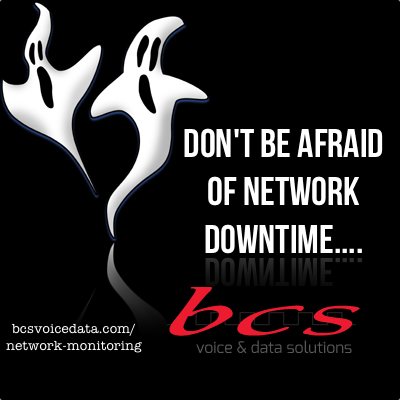Business Phone Systems? Don’t Trust Just Anyone.

When it comes to business communications and modern phone systems, there are plenty of options to consider–so many that it can get overwhelming (See: Looking for a New Business Phone System: 10 Terms to Know). As a business owner, you are making an important investment in your future and the future of your employees. How do you choose the right phone system, and perhaps more critically, how do you choose the right communications provider? To answer the first question, check out “Mitel Business Phone Systems: Which One is Right for You?“. To answer the second question read on.
Top 5 Qualities to Look for in a Business Phone System Provider
1. Confident and knowledgeable about the products they sell. Many business communications companies leave it entirely to the consumer to research, compare and learn the ins-and-outs of a new business phone system. These companies act like little more than a middle man for phone system manufacturers and place little stock in the products. Choose a provider that loves what they do and is passionate about what they’re selling.
2. Offers reliable ground support. What’s the use of spending a great deal of money on a new phone system if installation and user training is disjointed and sub-par thanks to a provider headquartered across the country or even overseas? System installation, training, maintenance and repair should be a breeze for the client. Choose a provider that is geographically close and makes IT support top priority.
3. Provides knowledge and expertise in the broad spectrum of business communication issues. These days, a company’s communication strategy is anything but simple. The phone system is tied to the Internet service is tied to the cloud is tied to the private network is tied to the cabling.….you get the picture. Choose a provider that understands and is able to address the complex mechanics of the latest advancements in information technology.
4. Understands local challenges and circumstances facing your business. Much like using a communications company with on-point ground support, we recommend joining with a local or regional company to manage your communication needs. Choose a provider that knows what you’re up against and can integrate that knowledge into its technology recommendations.
5. Is as invested in your company’s success as you are. Pretty self-explanatory. Choose a provider that does more than drop a phone system in your lap and collect their money. Choose a provider that wants to see your company grow, evolve and come out on top.
At BCS Voice and Data Solutions, our mission is “to provide our clients consulting, hardware, and services that maximize the value and effectiveness of their business technology,” and to do so with the previous five qualities constantly in mind. If you are in Hampton Roads, Virginia or the Mid-Atlantic region and are in the market for a new business phone system, unified communications solution, or IT support and outsourcing, contact us today.
Image: freedigitalphotos.net

